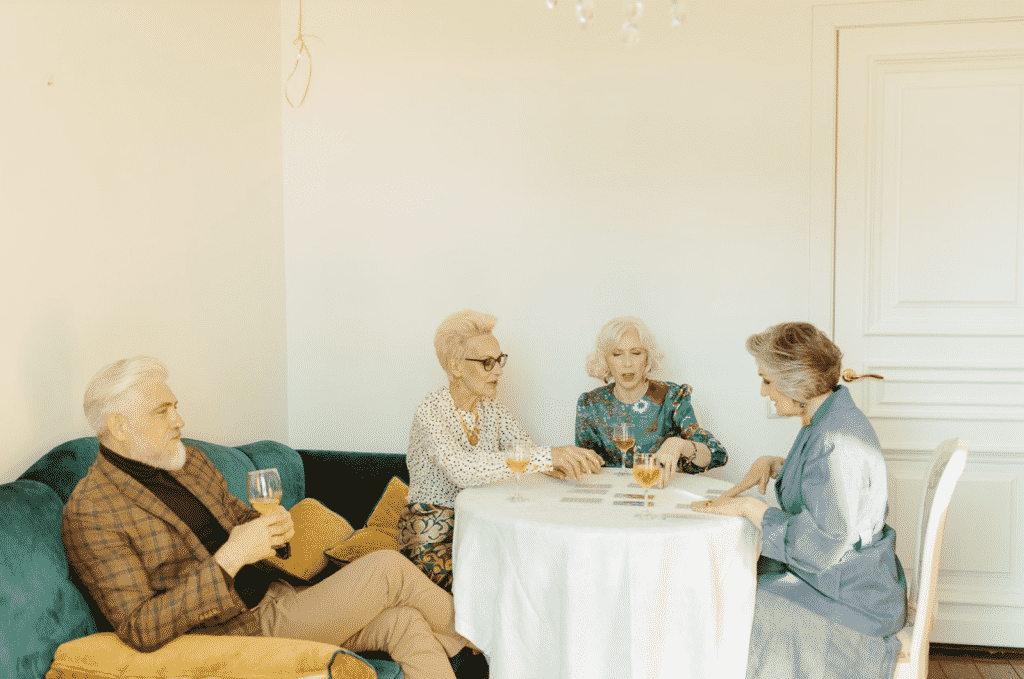Making friends in your youth tends to come naturally. You don’t even have to think about it. From daycare to college, you’re surrounded by people your age. Sure, in high school, you may form an exclusive little clique, but once you get to college and, ideally, open your mind to new people and experiences, your friend bubble expands and becomes more diverse.
However, as you get older and responsibilities stack up, socializing becomes a bit more of a challenge. Friendship stops becoming a top priority. Romantic relationships, children, and family come first. So does work. You start spending more time with colleagues than friends.
As people retire and their children grow up and move out, older adults can find themselves feeling lonely or isolated. In fact, 30% of seniors are at risk of social isolation later in life.
Why Friendship Matters
“Man is by nature a social animal,” said Aristotle, and research shows that having close friendships is good for your mental and physical health. More specifically, having close friendships:
- Boosts self-confidence, self-esteem, and a sense of belonging
- Helps you cope with painful life events and trauma, like divorce, deaths in the family, illness, and job loss
- Reduces stress
- Encourages you to maintain a healthy lifestyle (for instance, eating well, exercising, and avoiding excessive alcohol consumption)
- Provides a sense of purpose
In adulthood, friendships become voluntary. That means you can choose to maintain and make new friends and that, by the same token, you can choose to let friendships burn out. Older adults who live at retirement residencies like All Seniors Care Living Centres may have an easier time making friends because they belong to a community.
What Makes a Good Friend?
At least three characteristics make a good friend. A good friend is someone you can talk to, depend on, and have fun spending time with.
The Statistics
Over the past three decades, the number of friends that North Americans have has been steadily decreasing. (The COVID-19 pandemic has not helped.)
According to the Survey Center on American Life, 33% of Americans reported having 10 or more friends in 1990, compared to only 13% in 2021. On the other side of the spectrum, 3% of Americans reported having no friends in 1990. In 2021, the percentage rose to 12%. That means that when you ride a relatively busy elevator, you’re statistically likely to ride with at least one person who has no friends.
The Bottom Line
When you’re young, it’s easy to make and keep friends. As you age, however, friendships take more effort to maintain. Is the effort worth it? The answer is undoubtedly yes. Friends are gifts. Friends are invaluable. For adults of all ages, a social life is a good life. Community is key.

